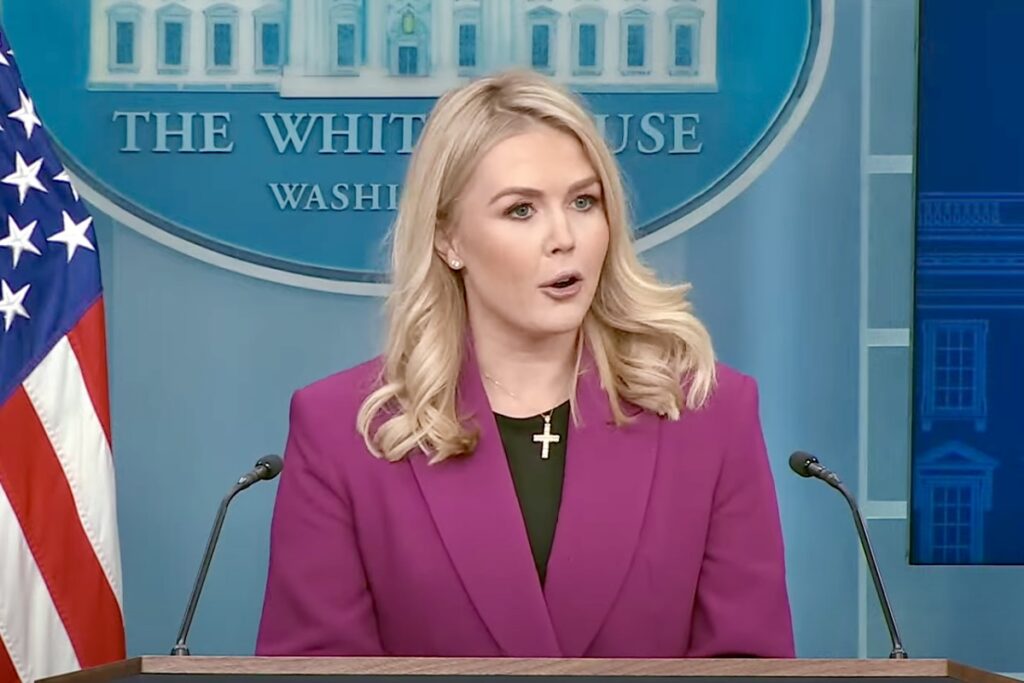The filibuster has become a hotbed for passionate debate among policy experts, and it’s high time we reevaluate its role in our legislative process. Is it really serving its intended purpose, or has it become an outdated tool for obstruction? It’s important to note that neither the Constitution nor the Federalist Papers mention this procedural rule, which actually comes from the Dutch term for “freebooter” (pirate), suggesting it’s more about hijacking time than protecting democracy.
The practice, in theory and in practice, allows senators from the minority party to stifle the majority’s agenda by dragging out debate indefinitely, and the only way to move past it is with a 60-vote threshold for cloture. Not surprisingly, opinions are sharply divided. President Trump has come out swinging in favor of the so-called “nuclear option” — eliminating the filibuster entirely — while some established Republicans, like Sen. Chuck Grassley (R-IA) and Senate Majority Leader John Thune (R-SD), staunchly oppose any change.
This week, White House Press Secretary Karoline Leavitt made it clear where she stands on this contentious issue during an episode of Pod Force One: let’s “nuke” the filibuster and finally take decisive action for the American people regarding President Trump’s agenda:
? JUST IN: Karoline Leavitt DEMANDS Senate Republicans finally nuke the filibuster 60-vote rule, so President Trump "can have the most productive 3 years of any president EVER"
"Election integrity, voter ID, getting rid of universal mail-in ballots…There's so much that can be… pic.twitter.com/AjPiNmZJ1H
— Eric Daugherty (@EricLDaugh) November 19, 2025
The tweet adds:
There’s so much that can be accomplished and we must take advantage!”
“We need to let go of the filibuster. It’s not serving the purpose that it originally intended to serve.”
GET IT DONE, SENATE GOP!
The clock is ticking for the midterms!
Leavitt argued that Trump has a limited amount of time in office to achieve his goals, and it will be nearly impossible as long as Democrats can use the filibuster to obstruct progress:
Leavitt argued that much of the president’s efforts to reform federal voting laws in particular would be eased if Senate Republicans agreed to do away with the 60-vote threshold needed to pass most legislation in their chamber.
“Republicans need to get off their butts and move and that’s what the president wants to see them do and that’s what the American people are expecting,” she said.
“There’s so much more work to do — election integrity, voter ID, getting rid of universal mail in ballots — all of that can be done if Congress works together and gets rid of the filibuster,” she added.
“So, the President is definitely talking a lot about that, both publicly and privately. I know he’s expressed his opinion on that to leaders in the Senate who may agree or disagree. We’ll have to see how it shakes out.”
There are many opinions about the “nuclear option,” but one of the strongest arguments for keeping it is that the political landscape could change, leading to a future where Democrats regain control. Former Democratic Senator Harry Reid from Nevada experienced this firsthand in 2013 when he eliminated the filibuster for most presidential nominations. This decision came back to haunt him when Trump won the presidency just three years later and was able to fully capitalize on the change.
That said, the filibuster has also been a source of significant frustration for many, as evidenced by Leavitt’s arguments. However, unless Senators Grassley, Thune, and other supporters decide to change their stance, it appears that the filibuster will remain in place for the foreseeable future.



